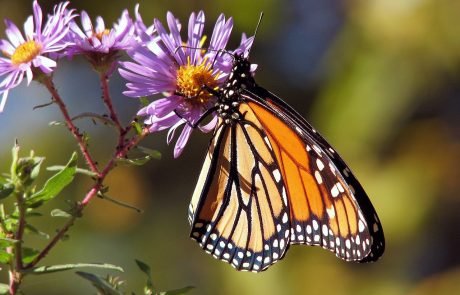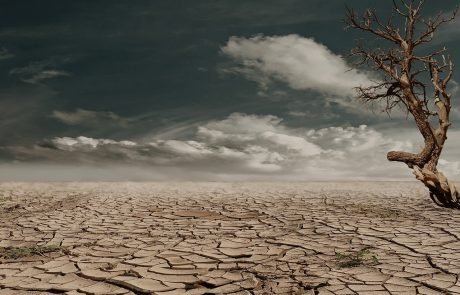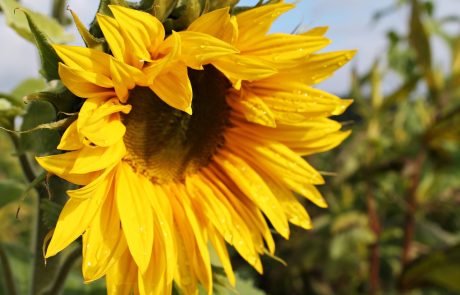About one-fifth of species of plants and animals in Europe face the risk of extinction, according to a study published in the scientific journal PLOS. The authors believe agricultural land
All posts in climate change
Public prefer planting trees to fight climate change compared to more technological solutions
Results from more than a million social media posts suggest that people prefer to plant trees and protect the rainforest than use technological solutions to fight climate change, according to
Researchers assess how extreme weather events, such as storms and cyclones, affect water circulation in the tropical Pacific, according to a study published in Climate and Atmospheric Science. It’s well known
Unprecedented heat is likely to cause a mass extinction to eliminate all mammals in 250 million years, according to a study published in Nature Geoscience. A team of researchers from
UK’s Maritime Minister announces the creation of the UK National Clean Maritime Research Hub (UK-MaRes Hub) with the aim of encouraging decarbonisation and elimination of air pollution from maritime activity
Indigenous and local communities around the world have extensive knowledge regarding how climate change may impact their regions and possible ways to adapt, accoriding to a report published by Local
A study sheds new light into how species adapt to environmental changes within just a few generations, according to a study published in the scientific journal Current Biology. Environmental changes
More than ever, it’s crucial that natural and social scientists work together to address the climate crisis and keep global temperature increases below 2°C, according to a study published in
Sea turtles have been going to the same seagrass meadows to feed for thousands of years
For over 3,000 years, green sea turtles have returned to the same seagrass meadows to eat, according to a study published in PNAS. The Dutch team combined modern data and
A team of researchers from multiple universities in Europe discovered a new mechanism that plants use to sense temperatures, according to a study published in PNAS. The authors believe these









